
Natural Gas Market Outlook
Given their close proximity to the United States, LAC countries are well-positioned to capitalize on the surplus of US gas exports and current buyer’s market.
Given their close proximity to the United States, LAC countries are well-positioned to capitalize on the surplus of US gas exports and current buyer’s market.
Though the COP21 negotiations promise to be complex, they also present an opportunity for the region to address existing vulnerabilities.
The hydrocarbons sector is at a turning point. Low prices and uncertain projections, competition for market share, geopolitical dynamics, growing environmental and social concerns, and questions about the future of fossil fuel and renewable energy sources necessitate analysis and discussion about the present and future of the industry and the challenges…
The electrification of the transportation sector is crucial to reducing carbon emissions and tackling global climate change.
The agreements of the 2030 Agenda for Sustainable Development and COP21 in Paris put Latin American governments in a crucial stage to take action by developing adequate policies to scale up investments in renewable energy and making alliances to receive capacity-building and technological support.
Brazil’s oil and gas and electricity sectors are an important destination for Chinese direct investment.
High electricity costs are a critical impediment to economic growth and competitiveness in Central America and the Caribbean.
The US’ standing as the main consumer of Latin America’s oil exports is unraveling as China emerges as a major consumer of global oil supplies.
How are recent energy policy changes in Brazil, Mexico, and elsewhere shaping the outlook for solar development in the medium to longer term?
The results of Mexico’s energy reforms may fall well short of government promises and public expectations.
What are the opportunities for progress and regional cooperation on climate change in the Americas?
Covid-19 has devastated the Peruvian economy. But as the country seeks to rebuild in the virus’s wake, it has a chance to focus on fighting climate change and creating a more sustainable development model. The extractive industries central to Peru’s economy are a source of underutilized revenues that could help seize this opportunity.
The recent oil price collapse, combined with the economic contraction resulting from measures to fight the global Covid-19 pandemic, will have extensive and largely unforetold impacts for Latin American energy markets and beyond. These implications include cuts to investment and delays to ongoing projects in both oil & gas and renewable energy, fiscal and broader economic constraints, and legal disputes, said panelists during a webinar held on April 1.
The Biden administration should support clean energy investments and environmental protections in the region.
The Institute of the Americas held a virtual roundtable December 3-4, 2020, on barriers and opportunities for hydrocarbon development in Argentina. Lisa Viscidi, director of the Energy, Climate Change & Extractive Industries Program at the Dialogue, was a panelist at the event. She discussed president-elect Biden’s energy plans, US-Argentine relations, and clean technology investment.

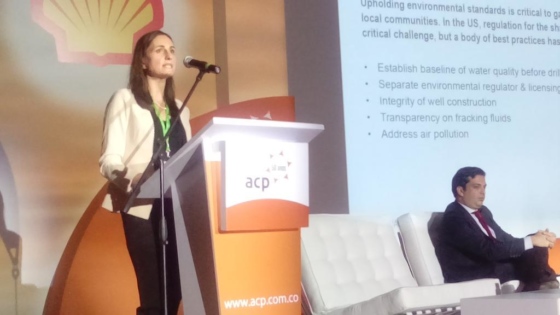
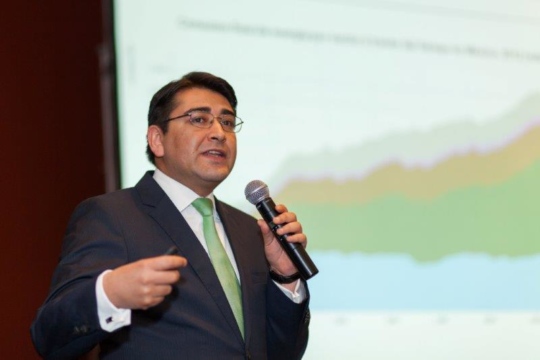
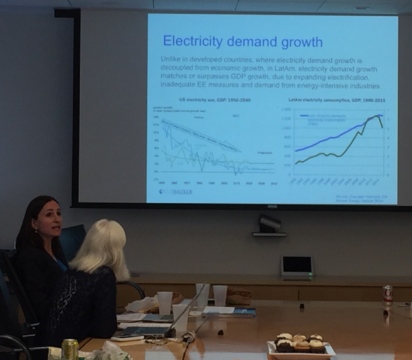
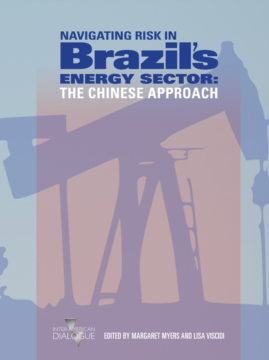
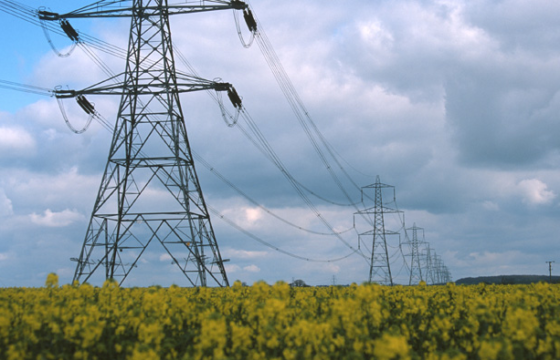 Video
Video
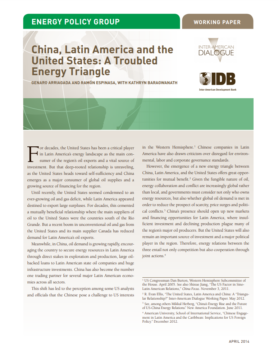
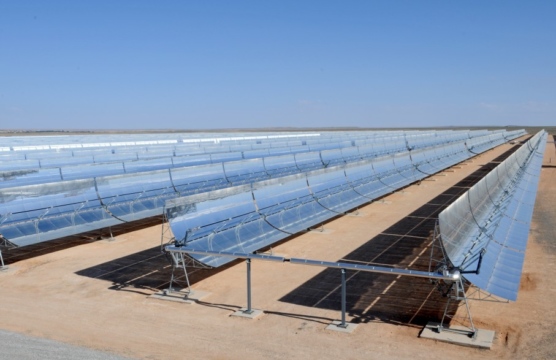
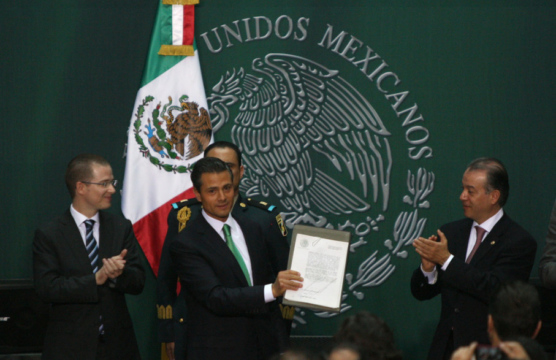 Video
Video
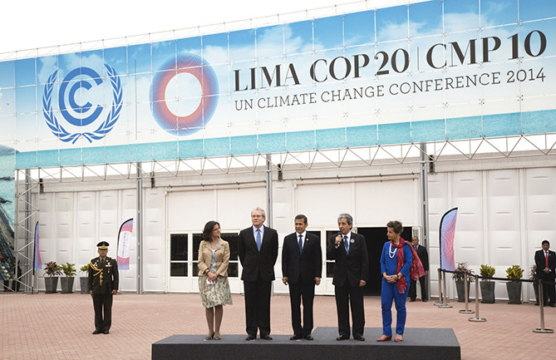
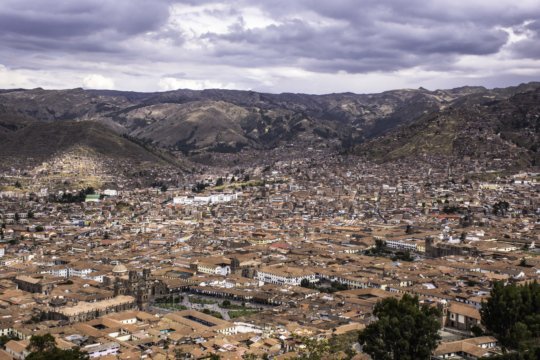
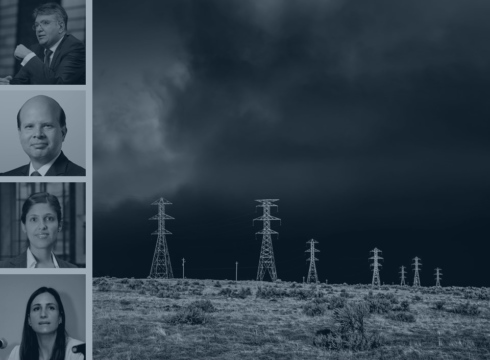 Video
Video

 Video
Video